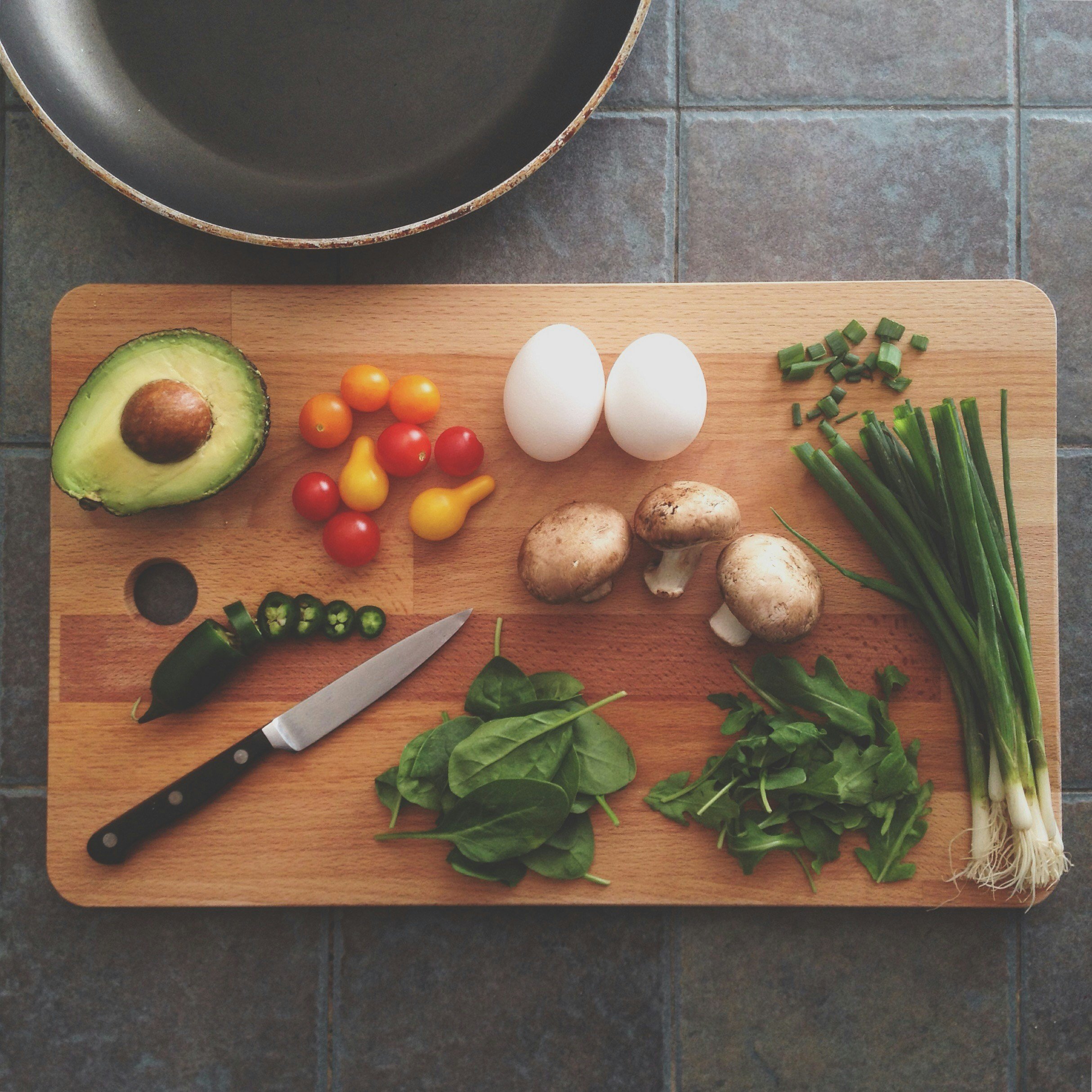Eating For Bone Health
Did you know that by the time you reach 30 years of age, you will have already achieved your peak bone mass?
Yikes.
This is why it is important to start building up a sufficient amount of bone mass in your body when you’re younger. Otherwise you might have a higher risk of developing fragile bones that can break easily when you’re older.
When discussing bone health, there are some important terms you should be familiar with:
Osteoporosis: causes bones to become weak and brittle bones
Osteopenia: bone loss that has not reached the stage of osteoporosis
Both of these conditions are characterized by low bone density.
What is bone density?
Bone density is a measurement of the amount of calcium and other minerals that are found in your bones.
The best way to determine if you have osteoporosis or osteopenia is by having a bone density test performed – the test detects if your bone density is lower than normal for someone that is your same age and gender. Your doctor can provide you with more information about bone density testing.
4 Steps to Improve Your Bone Health
The food you eat plays an important role, so here are some eating tips to help prevent osteoporosis:
1. CONSUME CALCIUM DAILY
Calcium is the main mineral found in bones, making it the most essential mineral for bone health. It protects your bone structure and strength.
It is important that you consume Calcium on a daily basis because old bone cells are continuously being broken down (resorption) and replaced by new bone cells (osteoblasts).
Spreading your Calcium intake out throughout the day allows for better absorption by your body.
Foods high in Calcium include:
Milk, cheese, yogurt
Broccoli, kale, spinach
Tofu
Edamame
Salmon
Almonds
2. GET ENOUGH VITAMIN D
Vitamin D helps your body absorb Calcium, but unfortunately, many people have a vitamin D deficiency.
Some studies show that both children and adults with low Vitamin D levels tend to have lower bone density.
Sources of Vitamin D are: natural sunlight, fatty fish, and some dairy products.
3. EAT MORE VEGETABLES
Vegetables contain high amounts of Vitamin C, which stimulates the production of bone-forming cells (osteoblasts) and, therefore, increases bone density.
Some studies say that a high intake of green and yellow vegetables can increase bone mineralization during childhood and help with maintenance of bone mass in young adults.
4. CONSUME ENOUGH PROTEIN
Protein is important for bone health because protein makes up about 50% of bones.
Some studies indicate that low protein consumption decreases Calcium absorption and that older women who consume higher amounts of protein appear to have better bone density. Therefore, low protein intake can lead to bone loss.
Foods high in protein include:
Meat
Poultry
Eggs
Cottage cheese
Tuna and most fish
Lentils
Peanuts
Almonds
Portabello mushrooms
Green peas
Broccoli
Don’t take your bones for granted! By following these 4 eating for bone health tips, you’ll be taking proactive steps for increasing bone mass, improving your bone health and decreasing your risk of developing fragile bones or osteoporosis down the line.











